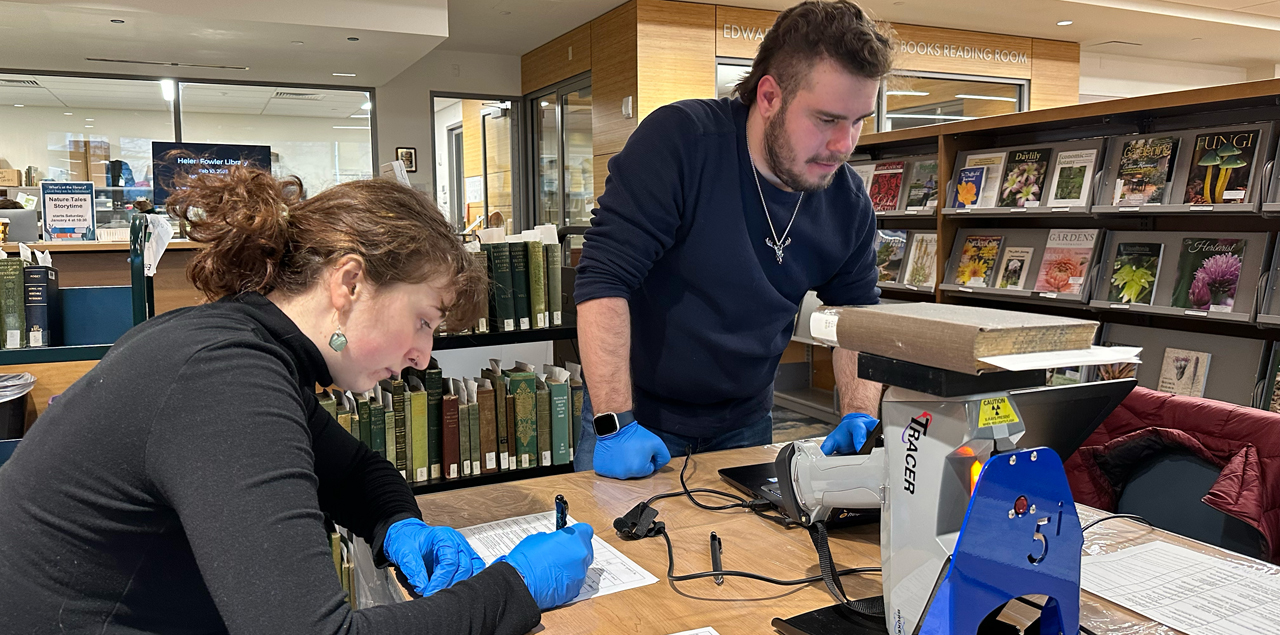
Having spent over a decade immersed in the world of competitive fencing, I can confidently say that Chicago's fencing scene is one of the most dynamic and promising in the United States. Just last week, while visiting the Windy City Fencing Center, I couldn't help but notice the remarkable talent development happening here - it reminded me of how young prodigies like the 18-year-old son of ex-pro Rommel Daep are shaping the future of this sport. What makes Chicago particularly special is how our clubs balance traditional European fencing techniques with modern training methodologies, creating an environment where both recreational fencers and aspiring Olympians can thrive.
The real magic happens in places like the Chicago Fencing Club, where I've personally witnessed coaches working with fencers as young as six years old. Their progressive training system typically involves 3-4 weekly sessions, each lasting about 2.5 hours, with a careful balance between footwork drills, blade work, and tactical analysis. What impressed me most during my visit was their athlete development pipeline - they've produced 12 national champions in the past five years alone. The financial commitment isn't insignificant, with annual memberships ranging from $2,800 to $4,200 depending on the program level, but the return on investment becomes evident when you see their fencers competing at national tournaments.
Another standout is the Lincoln Square Fencers Club, which operates out of a beautifully renovated 8,000-square-foot facility. I particularly appreciate their approach to blending individual lessons with group dynamics - something that's crucial for developing well-rounded fencers. Their head coach, a former Olympic competitor, shared with me that they maintain a student-to-coach ratio of never more than 8:1 during technical sessions. The club's track record speaks for itself, with over 85% of their competitive fencers receiving college recruitment offers.
What many people don't realize is how early serious training can begin. I've seen remarkable results from programs starting fencers at age seven or eight, which aligns with the development timeline we see in cases like Rommel Daep's son, who at 18 already has five full years of elite competitive eligibility ahead. The Chicago Fencing Academy exemplifies this approach with their youth development program, which has consistently produced fencers who go on to represent the United States in international competitions. Their success rate is impressive - approximately 65% of their junior competitors medal in national events.
The financial aspect of fencing often surprises newcomers. A complete starter kit including electric equipment typically runs between $600-$900, while competitive-level gear can easily surpass $2,500. But here's what I've learned from coaching dozens of fencers: the investment pays dividends beyond the sport itself. The discipline and strategic thinking developed through fencing translate remarkably well to academic and professional pursuits. Many of the fencers I've mentored have gone on to prestigious universities, often with fencing scholarships covering 60-70% of tuition costs.
As we look toward the future of Chicago fencing, I'm particularly excited about the emerging talent development models that focus on long-term athlete development rather than immediate competition results. The most successful clubs understand that building a fencer's career is a marathon, not a sprint. They're creating environments where young athletes can develop their skills over multiple seasons, much like the five-year development window we see with promising talents entering collegiate fencing programs. This patient, systematic approach is what separates Chicago's fencing culture from other cities - we're not just creating competitors, we're nurturing lifelong lovers of this beautiful sport.
Football
-
PPG Meaning Basketball: Understanding Points Per Game in the NBA
football match
-
Discover the Essential Materials and Equipment of Basketball for Peak Performance
football rules
-
The Story of How Basketball Was Created by a Man Named James Naismith
Football
-
How to Create the Perfect Basketball Lineup Template for Your Team
football match




